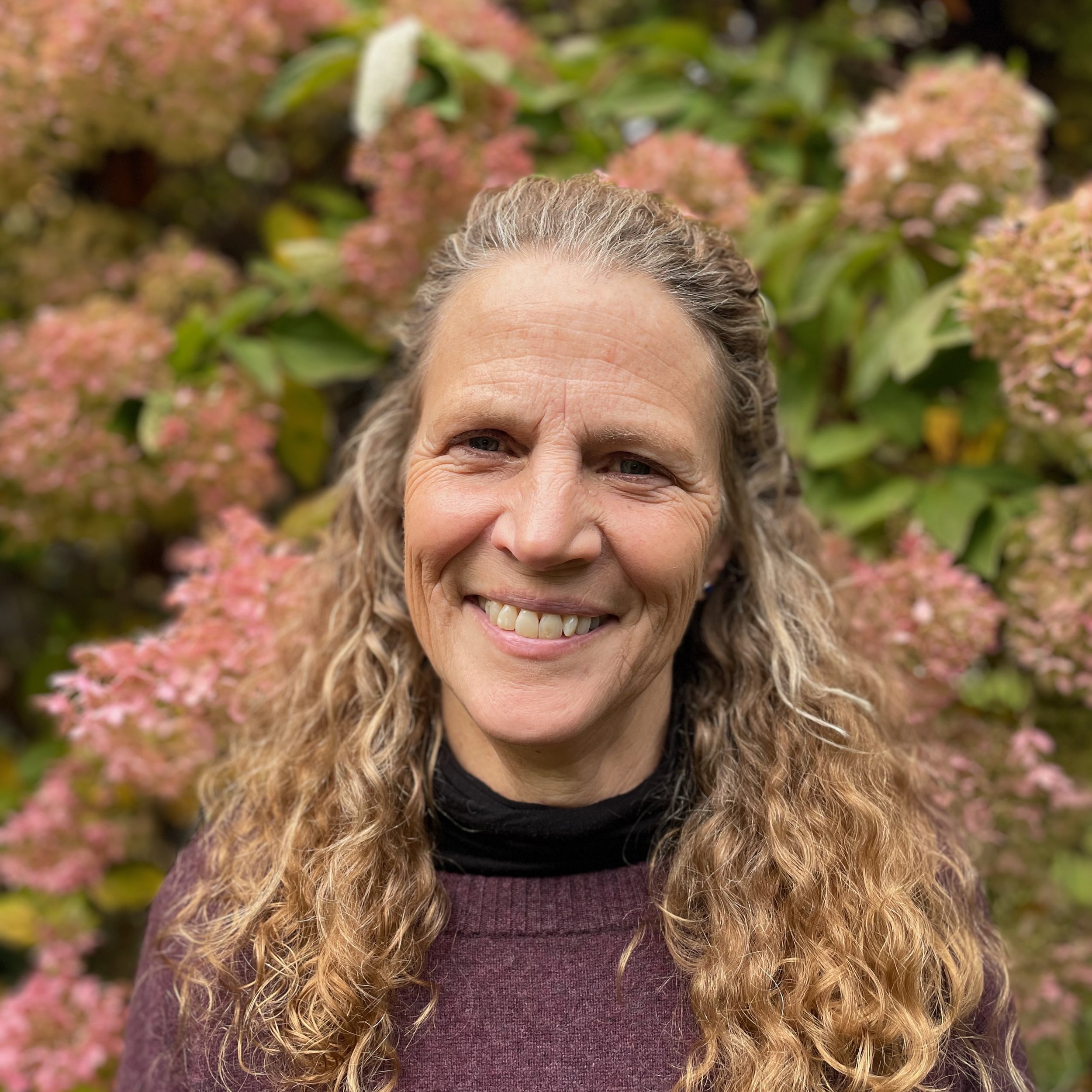Lynne Byler is a poet and cancer patient (mantle cell lymphoma) in remission. Her poem “Minds Go Where Bodies Can’t” appears in the Fall 2023 Intima.
Recently, I read Adam Conner’s short story “How to Write about Your Cancer” (Fall 2022 Intima) with amusement and recognition. And if I transform the rules in it to a scorecard, my poem, “Minds Go Where Bodies Can't” ends in the red.
· Rule #1: Don’t write in the first person. Oops! There I am only 5 lines in. (Minus 5 points.)
· Rule #2: Don’t set it in a hospital. Wouldn’t you know it, there we are in line 3, gathered in the corner room. (Minus 5 points)
· Rule #3: No children. It’s bad enough for them. Mine are gloved and gowned in line 1! (Minus 5. No, minus 10 for that infraction!)
One hopes that a poem might get away with bending the rules – so many violations, but only 11 lines to endure.
But I think Adam and I agree on something central. What we write betrays astonishment – how did we get here? How did this happen? With this disease, everything threads from the daily world to cancer and arcs from cancer back into the daily world. It not only reminds us of its presence in our body; it works its way into the ordinary living that is miles from disease . . . when one isn’t sick.
In another lifetime these actions are banal or benign – but now, it’s as he wrote – rubbing your head, looking in the mirror, even gazing at the stars propels us to cancer’s mighty presence.
Yes, the pine needles in the poem I wrote came from a lovely place and quiet summer moment on a lake. But lying inside a box in a unit where people are undergoing stem cell transplants makes the pine-needle-moment reciprocal – carried from Maine and coated with a recollection of sickness, it returns with them north. Even today, my memory locates them first in the corner of a hospital room with positive pressure air filtered ten times/hour to limit airborne infections, eleven stories from the ground, and only after, on a lakeside tree watching players intent on a board game.
Lynne Byler is a poet and cancer patient (mantle cell lymphoma) in remission. She worked for decades at an investment firm and was able to retire early. She now tutors inmates for the high school equivalency exam and runs a writing workshop at a local food pantry.

